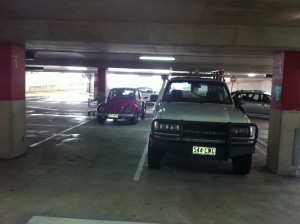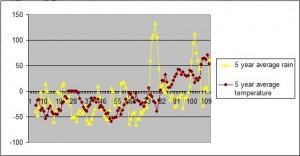Iran’s threat to close the Straits of Hormuz has only just hit the news tonight in Australia, and it looks like Australian coverage is pretty much in line with the international news organisations, judging by my google search.
It says something about how denuded mainstream media have become of genuine overseas insight that you could have read about this potential threat on On Line Opinion 8 days ago in this article by Ali Omidi from the University of Isfahan-Iran.
While the hyperbole is that the Internet has brought us closer together, in most cases this doesn’t appear to have affected how we get our news, with a few exceptions. And those exceptions seem to be in broadening the range of sources the media can call on after things are current, not before.
So in the Iraq War there were some bloggers who made a name for themselves after the invasion, but this was by way of a supporting cast, not as the leading players.
The challenge to the mainstream media is not really a challenge to their financial model so much as it is a challenge to the value of what they purvey. A recent report in The Australian says that the media ranks last for trustworthiness according to unpublished results from The Australian Electoral Survey. However the graph that illustrates the story uses the term “confidence” rather than “trust”.
Confidence is broader than trust, and encompasses competence, which is the real reason the financial model is under threat.
The print media hasn’t been able to sell its product for what it costs to produce, so has become reliant on advertising to make up the difference. Which has led to a concentration on producing more content so as to have the pages to support the advertising demand.
Now that the advertising is migrating to the Internet and inventory is at a surplus rather than a premium meaning advertisers pay cents instead of dollars to reach audiences the media has to get back to producing something of value in itself.
Fix up the value of what media produce and not only will the financial model fix itself, but so will its approval levels.
Getting on top of stories like the Iranian threat on the Strait of Hormuz before they become urgent is part of that repair. In that respect the Internet can be an ally rather than an enemy, but only if media changes the way that it uses it.
And that’s a message to On Line Opinion as much as it is to any of our colleagues.



![IMG_0372[1] Holidays but no Christmas in Brisbane's multi-cultural Fortitude Valley](http://www.ambitgambit.com/wp-content/uploads/2011/12/IMG_03721-300x224.jpg)